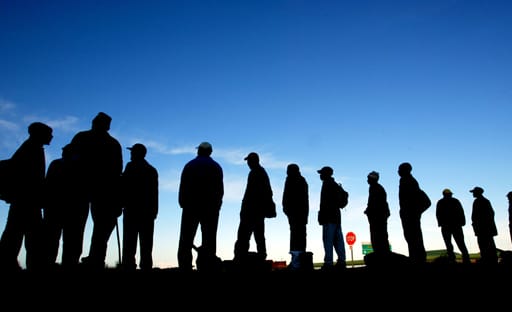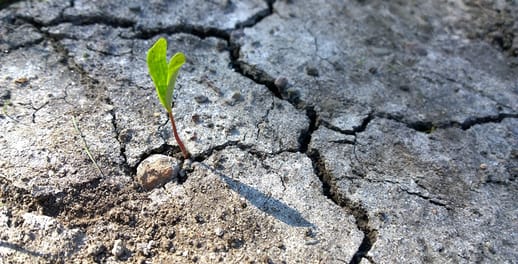Sunter laid out four scenarios at the start of the pandemic, and in this talk he assesses each one:
1. Much ado about nothing. Here the illness is like a seasonal flu, which passes on quickly without much impact on life and economic activity. Sunter says that the rapid spread of the illness and the way even health systems in developed countries have been overwhelmed, suggest that this scenario can be largely discarded.
2. The camel’s straw. Under this scenario, the pandemic doesn’t need to kill millions of people, like the plagues of previous centuries, in order the be destructive. The collapse in economic growth and sharp rises in unemployment around the world, give credence to this scenario.
3. Spain again. The reference here is to the Spanish flu of 1918 onwards, which killed three to five percent of the world’s population in a series of waves. Under this scenario, the Coronavirus will continue until such time as a vaccine is found or herd immunity is reached, meaning that authorities should not be hasty in unwinding their containment efforts.
4. Tightrope. In this scenario, governments, businesses and individuals must continue to walk a tightrope of preserving lives and livelihoods. New ways of working and interacting will be required that also prevent viruses from becoming epidemics.
Whichever scenario plays out, individuals, businesses and governments will all need to play their part in mitigating the risks and building a new future.
“This tightrope is not just walked by the country, but by you and me – companies and individuals. It’s important that we all do the right thing and play our part to get our economy back to normal,” said Sunter.
But normal won’t be the same as what went before, Sunter argued. “The world of work has changed. We used to have huge industries employing large numbers of people, but now we are starting to have artificial intelligence and robotics. Now we are also going to have social distancing. We are going to be employed in small businesses, we are going to work from home more.”
For South Africa and other similar economies emerging out of the pandemic, the key lies in innovation, and in small and medium sized businesses.
READ MORE: Tertia Jacobs explains SA's "big bazooka" stimulus package

The impact of the Covid-19 crisis on jobs in South Africa
Leading labour expert Andrew Levy, foresees significant job losses due to the lockdown, but all is not lost.
“One area we can grow in is growing the green economy – travelling less, buying local, and so on. These will be the drivers of our future. But it will need more cooperation, not less, between governments and the private sector.”
About the author

Patrick Lawlor
Editor
Patrick writes and edits content for Investec Wealth & Investment, and Corporate and Institutional Banking, including editing the Daily View, Monthly View, and One Magazine - an online publication for Investec's Wealth clients. Patrick was a financial journalist for many years for publications such as Financial Mail, Finweek, and Business Report. He holds a BA and a PDM (Bus.Admin.) both from Wits University.
Get Focus insights straight to your inbox




